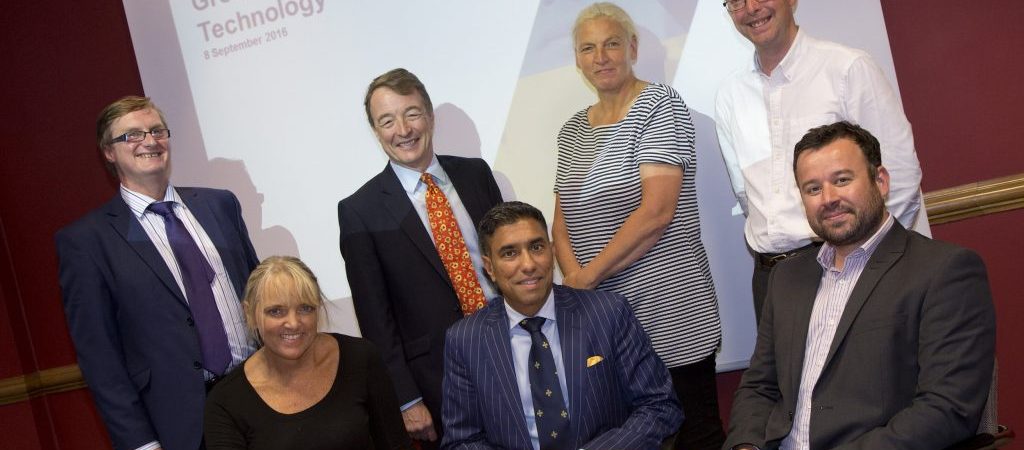
Growth requires the courage of all
By Colin Bell, Business and Sector Growth Director at the North East Local Enterprise Partnership
Last month the Office for National Statistics released the latest business count for the UK. Unfortunately, they told an all too familiar story for the North East. We still rank bottom and our low levels of enterprise continues to be a major drag on our economy.
In the North East only 332 private sector enterprises exist per 10,000 adults, compared to 483 for England excluding London. If our rates matched the English average there would been almost 25,000 additional enterprises in the North East, generating 200,000 additional jobs and providing a £10 billion boost to the economy.
The underlying aspiration is there. A study by SME Loans highlighted that 55.6% of the North East’s workforce would like to start their own business. 43% however instantly write themselves off, believing that they couldn’t pull it off, and only 1% take the plunge and start their own business.
Imagine if we could change that 1 % to 10%; the transformation would be huge and felt by everyone. This isn’t just an economic issue, it’s a social and an environmental one too. It’s my belief that start-ups and small enterprises are central to enabling social mobility; providing opportunities to people who just could not access them through big corporates or institutions. And the innovations that will save our planet will originate from small disruptive businesses – enterprise is a force of change and a force for good!
The big question is, what can we do to encourage more people to start their own enterprise?
A good starting point is to focus on what’s holding them back. Fear of failure and the consequences that this will have on livelihoods, finances, family, careers, childcare and wellbeing holds back 42.7% of our aspiring entrepreneurs. The cost-of-living crisis will only see this grow.
Tackling these deeply engrained and often cultural causes of low enterprise needs to be a focus for future interventions at a local, regional and national level. Policy must be designed to grow confidence and reduce the fear and associated risks of failure. The fear of not doing it needs to be greater than the fear of doing it.
Continuing to do the same old things and expecting different results will simply no longer cut it. All eyes are on our new growth-orientated government and the role entrepreneurs and small growth-orientated businesses will play. What bold and transformational policies will be championed by The Rt Hon Grant Shapps MP, the newly appointed Secretary of State for Business, Energy and Industrial Strategy. And how will new domestic funding streams such as the UK Shared Prosperity Fund better target the causes of low levels of enterprise?
The North East LEP’s Business Growth Board is clear. Bold action is needed, we must move away from the current confused, transactional, grant-led and tick box approach to business support, to one that is focused on tackling the real underlying causes of low levels of enterprise, productivity, and growth.
The opportunity is there, what is now required is for decision makers – like our aspiring entrepreneurs – to have the courage and foresight to step over the line and lead the change.
Colin Bell is Business and Sector Growth Director at the North East Local Enterprise Partnership.
Entrepreneurs and business owners looking for help and support to start or grow a business can access free, impartial advice by visiting the North East Growth Hub.
See the latest data on businesses in the North East – including business counts and information on high growth businesses – on the North East Evidence Hub, the region’s one-stop-shop for data and evidence: www.evidencehub.northeastlep.co.uk/businesses.



